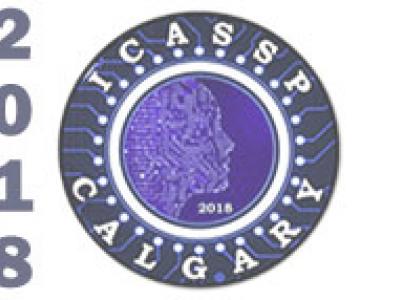- Bioimaging and microscopy
- Bioinformatics
- Biomedical signal processing
- Medical image analysis
- Medical imaging
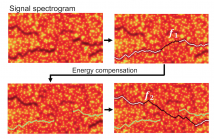
In this work, we study the problem of tracking multiple frequency components in a noisy signal using a spectrogram-based method. Previous approaches such as image processing based or hidden Markov model-based methods may not be capable of tracking multiple frequency components, may require extensive training, and may be time-consuming. To address these issues, we propose an accurate and efficient method named Adaptive Multi-Trace Carving (AMTC) for tracking multiple frequency traces by iterative forward and backward dynamic programming and adaptive trace compensation.
- Categories:
 345 Views
345 Views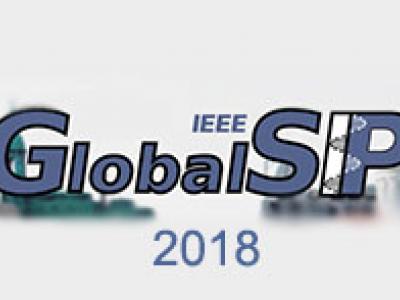
- Read more about NON-INTRUSIVE AND NON-CONTACT SLEEP MONITORING WITH SEISMOMETER
- Log in to post comments
Monitoring sleep quality and status is important to learn health condition for improvement and prevent sleep apnea. A bed-mounted seismometer system is proposed to monitor the heart and respiratory rates, and body movement and posture, during the sleep. To effectively monitor sleep status, an innovative local maxima statistics based approach and an instantaneous property based method are developed to estimate heart and respiratory rates, respectively. These methods are more robust and stable compared to previous works.
- Categories:
 23 Views
23 Views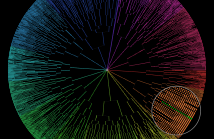
- Read more about BACTERIAL IMAGE ANALYSIS AND SINGLE-CELL ANALYTICS TO DECIPHER THE BEHAVIOR OF LARGE MICROBIAL COMMUNITIES
- Log in to post comments
Time-lapse microscopy provides 4D imaging data for monitoring and studying down to single-cell, the stochastic processes involved as bacterial colonies grow and interact under different stress conditions. Two main factors prevent high throughput analysis: a) cell segmentation and tracking are very time-consuming and error-prone and b) analytics tools are lacking to interpret the plethora of features extracted from a complex “cell-movie.” To address both limitations, we have recently developed a multi-resolution Bio-image Analysis & Single-Cell Analytics framework, called BaSCA.
- Categories:
 28 Views
28 Views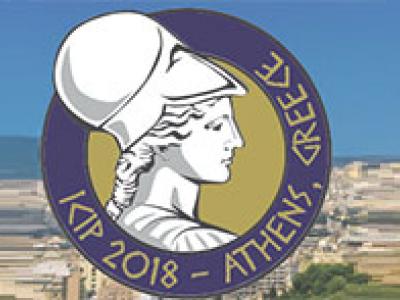
- Read more about ASSESSINGTHEIMPACTOFTHEDECEIVEDNONLOCALMEANSFILTERASA PREPROCESSINGSTAGEINACONVOLUTIONALNEURALNETWORKBASED APPROACHFORAGEESTIMATIONUSINGDIGITALHANDX-RAYIMAGES
- Log in to post comments
In this work we analyze the impact of denoising, contrast and edge enhancement using the Deceived Non Local Means (DNLM) filter in a Convolutional Neural Network (CNN) based approach for age estimation using digital X-ray images from hands. The DNLM filter contains two parameters which control edge enhancement and denoising. Increasing levels were tested to assess the impact of both contrast enhancement and denoising in the CNN based model regression accuracy.
- Categories:
 30 Views
30 Views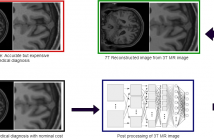
- Read more about MR-SRNET: TRANSFORMATION OF LOW FIELD MR IMAGES TO HIGH FIELD MR IMAGES
- Log in to post comments
- Categories:
 11 Views
11 Views
- Read more about SIPAKMED: A NEW DATASET FOR FEATURE AND IMAGE BASED CLASSIFICATION OF NORMAL AND PATHOLOGICAL CERVICAL CELLS IN PAP SMEAR IMAGES
- Log in to post comments
- Categories:
 209 Views
209 Views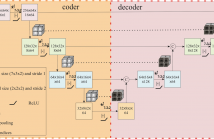
- Read more about INTRA-RETINAL LAYER SEGMENTATION OF OPTICAL COHERENCE TOMOGRAPHY USING 3D FULLY CONVOLUTIONAL NETWORKS
- Log in to post comments
Optical coherence tomography (OCT) is a powerful method for imaging the retinal layers. In this paper, we develop a novel 3D fully convolutional deep architecture for automated segmentation of retinal layers in OCT scans. This model extracts features from both the spatial and the inter-frame dimensions by performing 3D convolutions, thereby capturing the information encoded in multiple adjacent frames.
poster.pdf
- Categories:
 54 Views
54 Views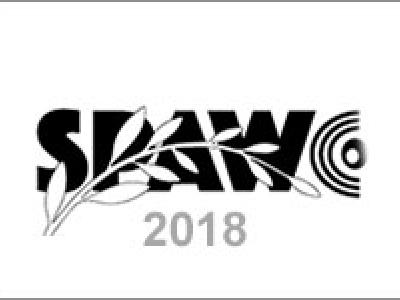
- Read more about Deep Tree Models for ‘Big’ Biological Data
- Log in to post comments
The identification of useful temporal dependence structure in discrete time series data is an important component of algorithms applied to many tasks in statistical inference and machine learning, and used in a wide variety of problems across the spectrum of biological studies. Most of the early statistical approaches were ineffective in practice, because the amount of data required for reliable modelling grew exponentially with memory length.
- Categories:
 39 Views
39 Views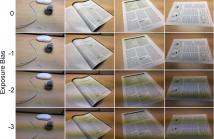
- Read more about Invisible Geo-Location Signature in a Single Image
- Log in to post comments
Geo-tagging images of interest is increasingly important to law enforcement, national security, and journalism. Many images today do not carry location tags that are trustworthy and resilient to tampering; and the landmark-based visual clues may not be readily present in every image, especially in those taken indoors. In this paper, we exploit an invisible signature from the power grid, the Electric Network Frequency (ENF) signal, which can be inherently recorded in a sensing stream at the time of capturing and carries useful location information.
- Categories:
 54 Views
54 Views